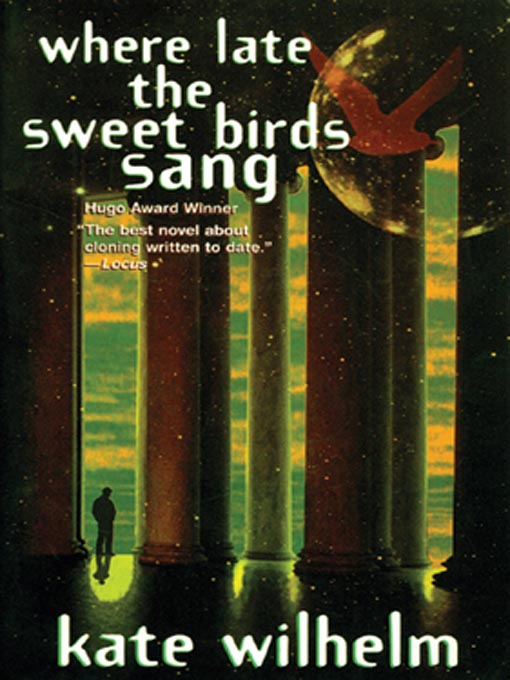When the first warm breeze of Doomsday came wafting over the Shenandoah Valley, the Sumners were ready. Using their enormous wealth, the family had forged an isolated post-holocaust citadel. Their descendants would have everything they needed to raise food and do the scientific research necessary for survival. But the family was soon plagued by sterility, and the creation of clones offered the only answer. And that final pocket of human civilization lost the very human spirit it was meant to preserve as man and mannequin turned on one another.
Sweeping, dramatic, rich with humanity, and rigorous in its science,Where Late the Sweet Birds Sangis widely regarded as a high point of both humanistic and hard science fiction. It won science fiction's Hugo Award and Locus Award on its first publication and is as compelling today as it was then.
